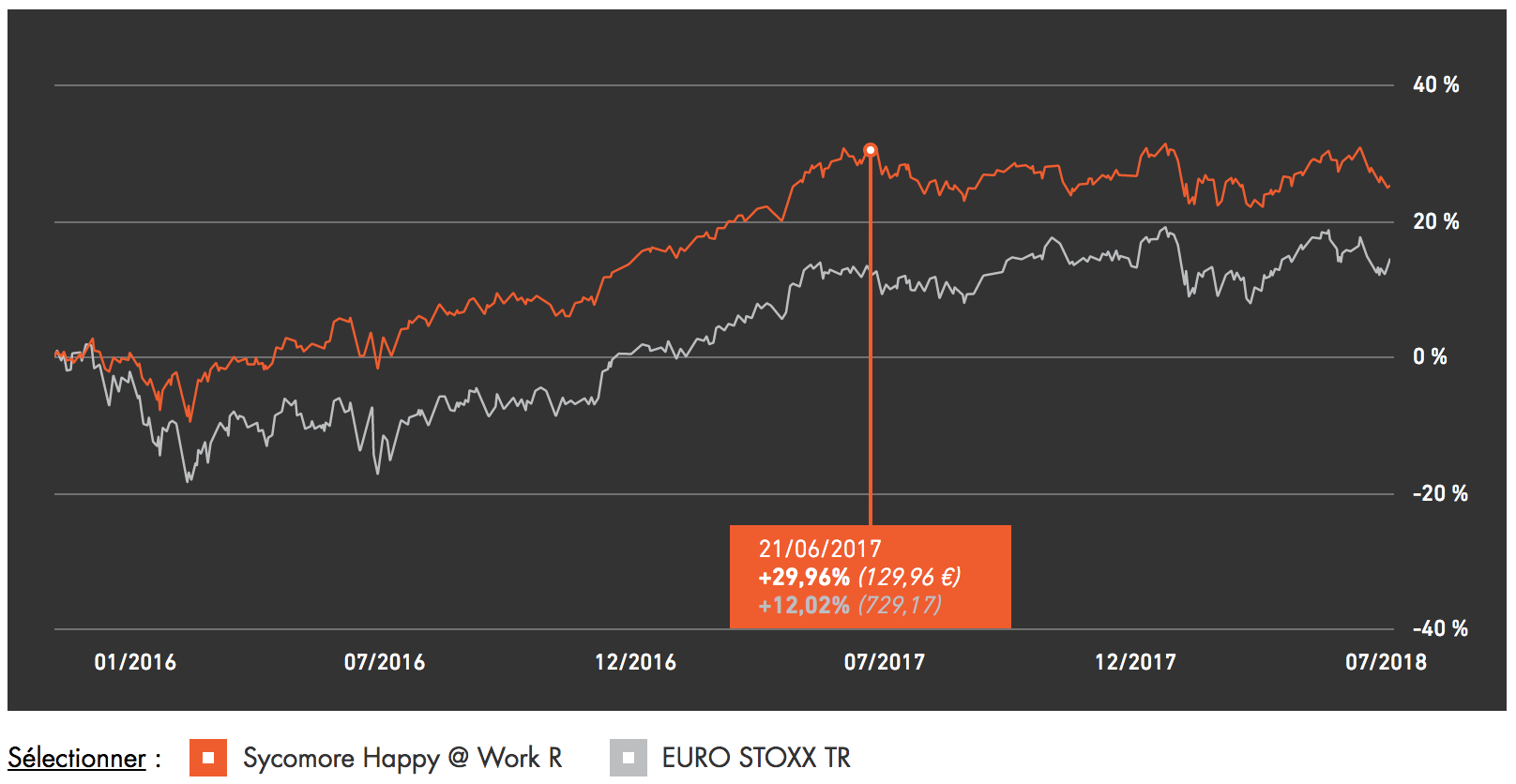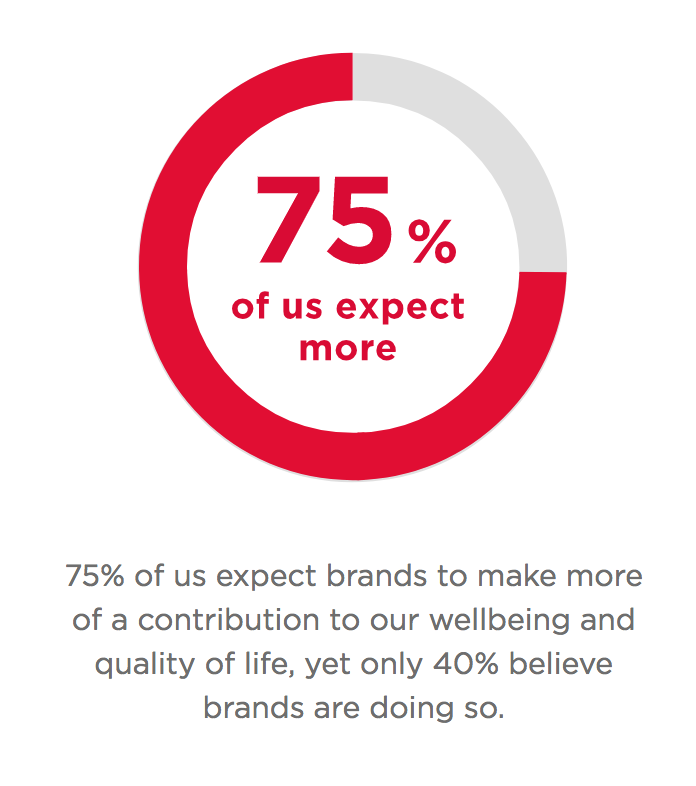They all built commercial empires that made them billionaires. But it’s bigger than that: they’re unlikely businessmen. They are outsiders who built businesses to make the world a better place rather than just hunt for profit.
These hippies’ brilliant success isn’t accidental. These men are proof that social engagement isn’t just a business cost; it is a proven advantage on every level. Their social engagement is both the cause and consequence of their success. It’s worth observing how sustainable business strategies foster operational, financial, and commercial benefits.
Operational Advantages
To begin, a sustainable outlook on how to run a company has a positive impact on the business’s collaborators, its distribution chain, as well as on its expenses.

Among the biggest topics of the 21st century, our society has placed its focus on the well-being of employees; a challenge no company can neglect. The budding science of positive psychology demonstrates the positive implications of having happy, well-balanced staff. On average, a satisfied employee is six times less absent (Seligman & Shuman 1986), 2.25 times less likely to burn out (Spreitzer, Porath 2012), and claims to be 60% more motivated at work (Mind, United Kingdom, March 2013). Furthermore, a workplace culture that is centered on the well-being of its staff is more capable of retaining employees, resulting in lower turnovers. Ultimately, a happy workplace benefits employees as well as the companies’ reputation.
For retailers, the supply chain (the process of product fabrication) needs a lot of attention in itself. Pioneers in materials are going above and beyond the manufacturing norms of the industry. Patagonia adopted the use of organic cotton in 1995. When they disrupted their production line and opted for more expensive materials, their rise in t-shirt prices initially caused their sales to plummet. The scales soon found balance, however, and the company has continued to grow—reaching $750 million in sales in 2017 alone. Patagonia is miles ahead of its competition. As the world becomes more socially and environmentally conscious, the commercial industry is working towards arriving at a position Patagonia has upheld for decades. While their company values are validated, their competition struggles to adapt.
Furthermore, employing natural resources and renewable energy will eventually lower production costs as a whole, something that satisfies clients as well as manufacturers.
Financial Benefits
Against all odds, committing to a civic cause actually has financial value. In 2016, Havas Group selected 1,500 companies based on civic engagement, and their market evaluation surpassed the stock market by 206% over 10 years (2006–2016).

More recently, Sycomore, the asset management company, created a fund called Happy@Work to invest in European companies that place a particular emphasis on human capital development. Today, their performance is surpassing the growth of the Euro Stoxx TR index by 10 percentage points.
Commercial Advantages
There are two ways to measure commercial opportunity: either the pie itself gets bigger, or you take more pieces of it. In this case, the pie is getting bigger, and there are pieces waiting to be claimed: ethical consumerism is booming, and it is leaving a crusty trail of opportunity.
The organic food sector is growing by 6.5% annually in the United States, compared to the 4.3% growth of the food industry as a whole. Furthermore, 75% of citizens expect companies to contribute to their well-being. Consumers expect more, and they claim to be ready to spend more on sustainable products.

However, there’s a disparity between what consumers claim to support (i.e., ethical products) and what ends up in their shopping baskets. Consumers want more, and companies that will tend to their moral conflict will win their attention and eternal loyalty. Is there anything better for a consumer than a brand that facilitates shopping ethically, fulfills their needs, and offers their products at a good price?
Furthermore, ethical commitment, regardless of which cause is being supported, is an important tool once it becomes part of the customer experience. It fosters trust, provides opportunities for testimonials and storytelling, and becomes an inherent part of a product and its benefits. It’s an important factor in client retention—the Harvard Business School directed a study that demonstrated the way increasing client retention could increase profits from 25% to 95%. A loyal consumer buys more, more often, and becomes a better brand ambassador.

The advantages are vast, but how can you include your clientele in the process? Understand strategic levers and marketing that encourage your clients to take action!